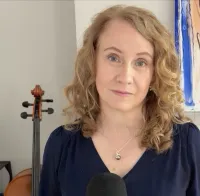
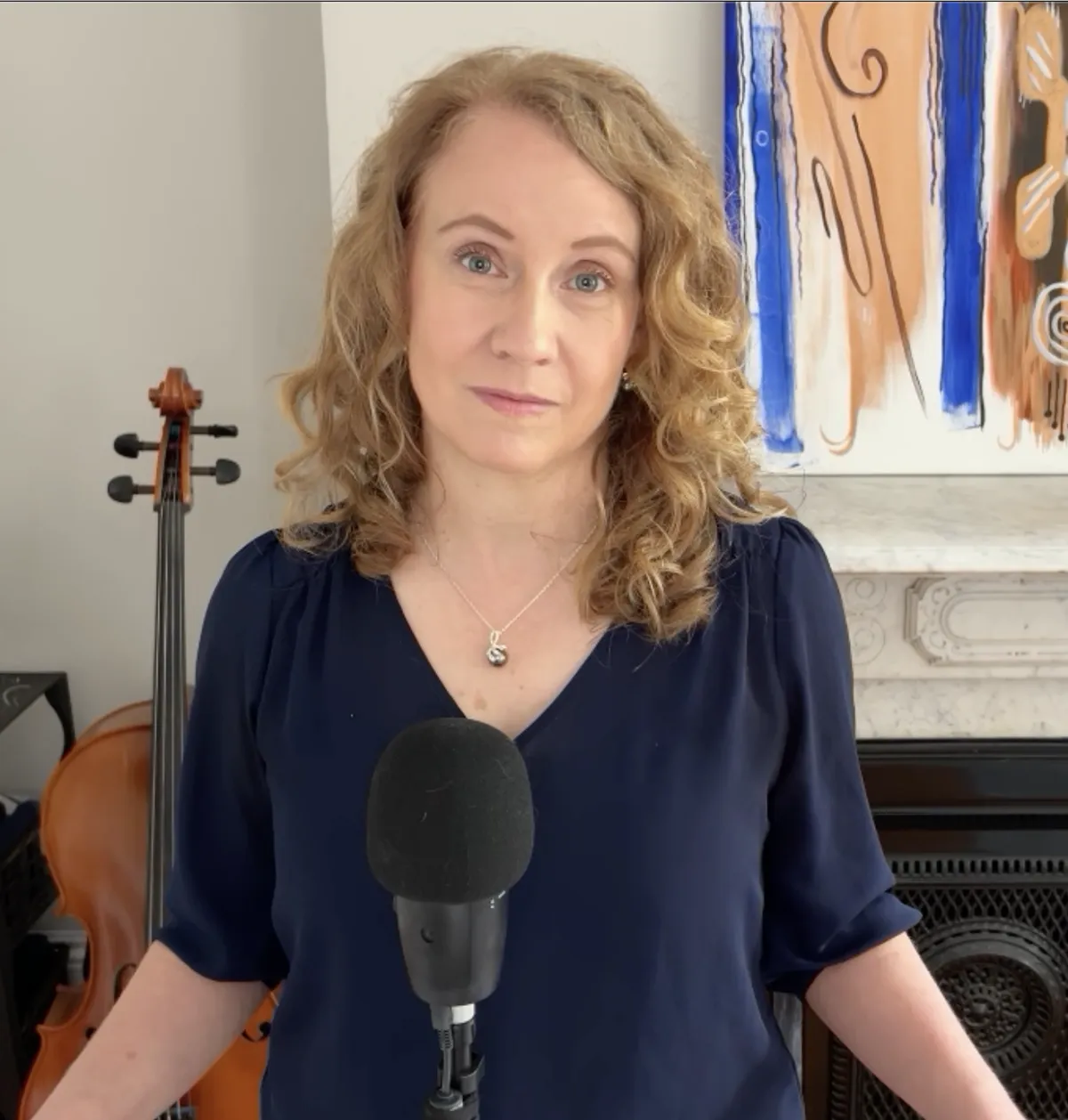
Where YOU get REAL Support and REAL Solutions
Defining Success Together
Autism and marriage aren't easy. We're here because we really get it.
REAL Neurodiverse Marriage
About Anne MacMillan
I built my original Neurodiverse Family Systems Theory on my education, personal life experience, and the professional experience I gained in the private neurodiverse services practice I founded in 2017.
Today, my services extend to support other professionals who have come to the new realization that neurodiversity is at the heart of many of the relationship challenges their adult clients face. Professionals can earn my Neurodiverse Family Systems Educator Credential (NFS-E) then use my practical 10-Step educational system, including quantitative assessments and support resources, to help their clients comprehend their relationship challenges and find the happiness and peace they deserve.
I have a research-based master's in psychology from Harvard University and studied developmental psychology as an undergrad. I received the Director's Thesis Award at Harvard for my original research on Level 1 autism and intimate life partnerships -- some of the first quantitative research on the subject in the world.
Altogether, I have over 50 years of personal life experience with neurodiverse family systems, over 20 years of personal life experience with neurodiverse intimate life partnerships, and 8 years of professional experience working with individuals managing the challenges of neurodiverse family systems.
I self-identify as a high body empathetic neurodivergent who just might also be a bit attention neurodivergent (ADHD). I am not autistic.

Anne MacMillan, MLA
Founder of the 10-Step Neurodiverse Family Systems Approach, Speaker, Researcher, Consultant, Coach, Educator and Expert Witness
Online Course Available Now
Married to Autism? Your Journey to Connection and Ease
An Online Course for Neurotypicals
and Non-Autistic Neurodivergents
Only $34.99 USD
Get the benefits of my education and life experience for less than the cost of one restaurant meal for two!
Neurodiverse relationships can be very confusing. Comprehending YOURSELF and the ways autism affects YOU can make all the difference. Take this first step towards
making life changes that will bring YOU the
Connection and Ease that YOU deserve.
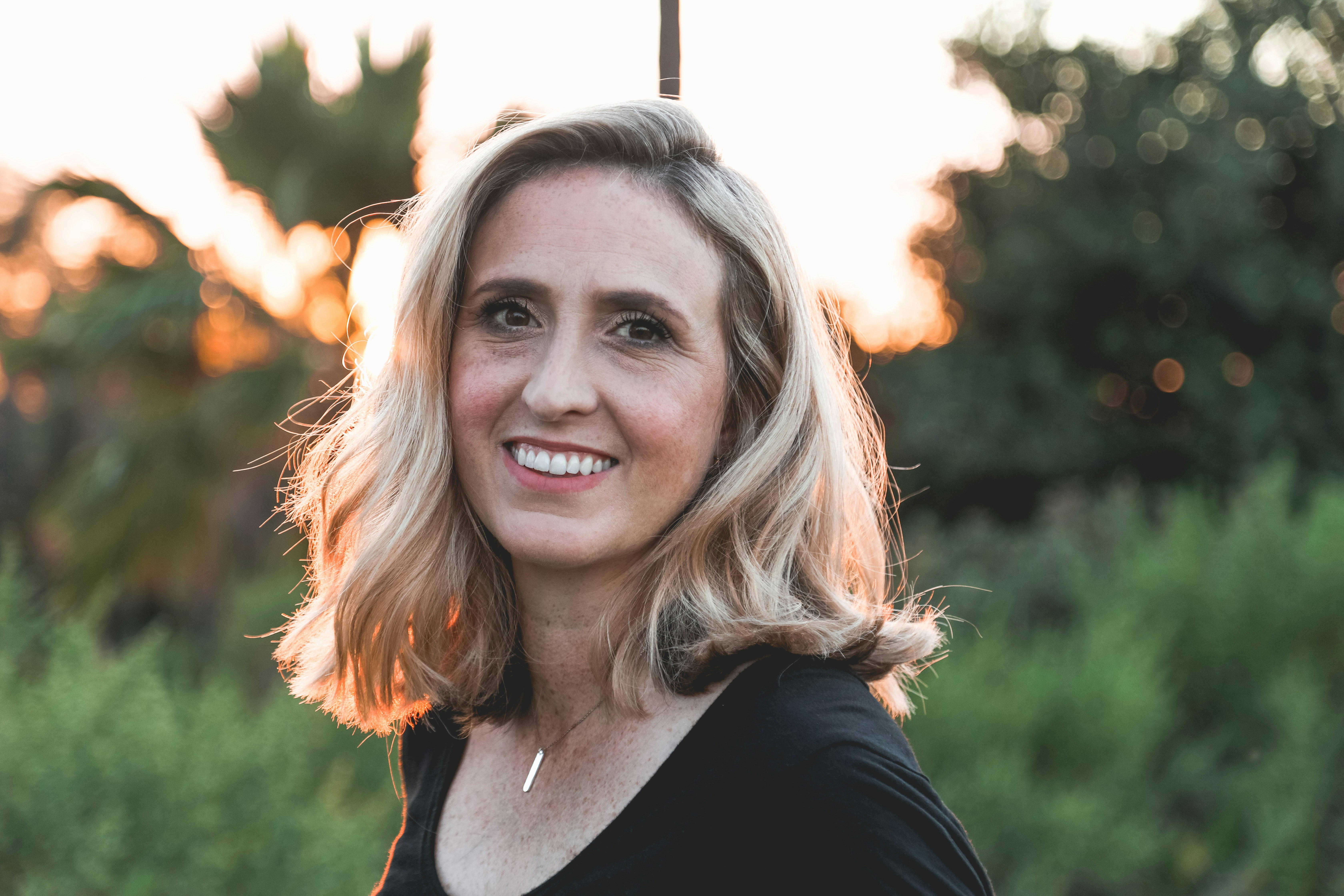
Vicki R.

Found her insights spot on. I gifted this course to 2 others before I even finished it. Refreshing thoughts. Focus is on you, the NT of the relationship with great ways to look at things from both sides. Been married to Autism for 45 years and found this course something I will review on a regular basis to support myself.

Katie G.

This is a MUST for anyone who has a partner with autism. No matter where you are in your relationship, even if your relationship has ended, this is for YOU! Anne’s knowledge, compassion, guidance is unparalleled and unprecedented. Thank you Anne.
My Services
I offer consulting and coaching services to support you in achieving what you want from your life and for your partner, family and children. I work with either the autistic or the neurotypical partner.

Anne MacMillan, MLA
Founder of the R.E.A.L. 10-Step Neurodiverse Family Systems Approach, Speaker, Researcher, Educator, Consultant, Coach and Expert Witness
My Newest Blog Posts
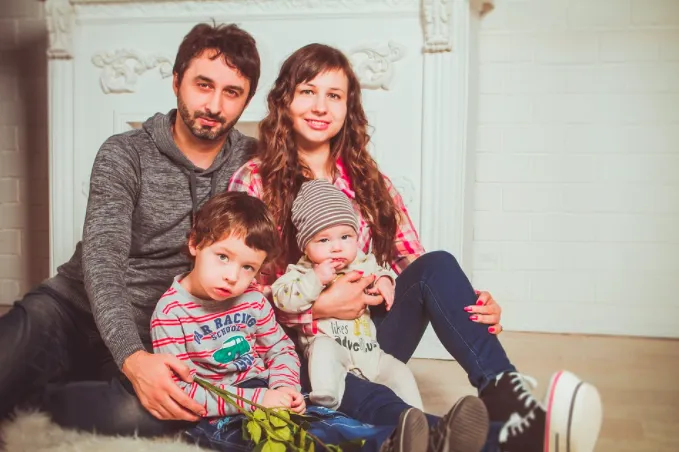
Adults with Intelligent High-Functioning Autism: Step One is to Acknowledge the Neurodivergence
Life can be overwhelming. And life inside a neurodiverse family is more overwhelming than people who aren't managing autism and family relationships can possibly understand.
Introduction:
What many families managing autism may not know is that often, when a child is on the spectrum, one of the parents is on the spectrum, too. This isn’t a hard and fast rule, of course. But it happens. A lot. Autism has a genetic component and figuring out that a child is on the spectrum may be the first step in recognizing autism in a marriage.
Whenever a child is diagnosed, it’s time for the parents to look at each other and ask, “Is one of us on the spectrum?”
That’s easy enough to ask, but what does intelligent autism in adults look like? How would you know if one of you were on the spectrum?
The reality is that a lot of professionals don’t recognize intelligent high-functioning autism — even autism professionals! Most autism professionals who work with adults on the spectrum are used to seeing clients who have lower levels of intelligence. When professionals are looking for autism in adults, they’re not looking for intelligent high-functioning autism. And let’s face it. There’s a big difference between someone with autism who has an IQ of 120 or 130 or higher, and someone with autism who has an average IQ of between 90 and 110.
I’m not trying to be elitist when I write this. I’m trying to be REAListic.
Intelligent adults with high-functioning autism usually develop very honed compensatory strategies. Most older adults were never diagnosed as children and struggled alone to figure out how to manage a typically developing world. Many have heroically memorized social cues so that they can get along in the world. This can make intelligent adults with high-functioning autism seem very similar to typically developing people in day-to-day work or community social interactions. Close family social interactions are different, however.
And, it is these intelligent adults with high-functioning autism who are often getting married and having children. Their compensatory strategies are honed enough that marriage and family become a real social possibility. Many get married and have children without knowing about the autism at all. Then, a child with autism comes into the family. A diagnosis is made.
And… well… when the child is diagnosed, the parents may get their first clue that they’re in a mixed-neurological marriage.
If you’re the typically developing spouse of someone with intelligent high-functioning autism, you’re probably already an autism expert. You’ve been living with someone who doesn’t interpret social cues, facial expressions and body gestures the way typically developing people do. You’ve been living with someone who probably isn’t great at seeing your perspective and understanding why you see the world the way you do.
If you’re a parent of a child with autism and you have autism, you may be seeing some of yourself in your child. You might be worried that your child will go through some of the same struggles — including bullying — that you went through when you were little. You might want to know what you can do to make your child’s life easier.
Many intelligent adults on the autism spectrum have a hard time accepting that they have autism. That said, one of the first things you can do to help your child is accept that you might be on the spectrum. Accepting the reality of what’s happening is the first step to making lives better.
If you’ve always lived inside a brain that has autism, it can be difficult to comprehend that typically developing people have the ability to fairly accurately sense each others’ intentions and emotions without saying a word to each other. They’re using the information they glean from that sense to make social decisions ALL THE TIME.
Every. Second. Of. Every. Day. And. Every. Time. They. Talk. To. You.
Typically developing brains literally cannot turn their sense of awareness of others’ intentions and emotions off. It’s a sense that’s a little bit like the sense of hearing. Just like it’s pretty difficult to truly plug your ears, it’s pretty impossible for a typically developing person to turn off their awareness of other people. When they’re in the presence of other people, they feel the other people’s emotions and sense their intentions — and they do it fairly accurately. (Not perfectly all the time, of course, but fairly accurately.)
Many intelligent adults with high-functioning autism have a hard time believing that they’re missing a sense they’ve never personally felt. It’s hard to believe in the accuracy of a social sense you haven’t yourself experienced.
And that means that it’s easy for an intelligent adult on the autism spectrum to deny that they have autism. If you’ve never experienced something yourself, it’s hard to know what it means for you — and your family — that you’re not experiencing it.
The thing is, denying the autism doesn’t help. Denying that your typically developing spouse really does have a sense that you don’t have doesn’t help. The first step is to accept that you have a brain that is working differently than your typically developing spouse’s.
To be quite honest, when the partner with intelligent high-functioning autism in a neurodiverse marriage is unwilling to accept the autism, there is little hope for improvement in the family relationships. That goes for marriage relationships and parent-child relationships.
Step one is acknowledgement.
My Research
Some of the world's first quantitative research on autism and marriage
I was working on a master's in psychology at Harvard University when I realized my husband of almost 20 years was autistic. I was shocked by how little was known about an issue that affected my own life so dramatically. So, I shifted my research interests to autism and marriage and was ultimately given the Director's Thesis Award for my work.
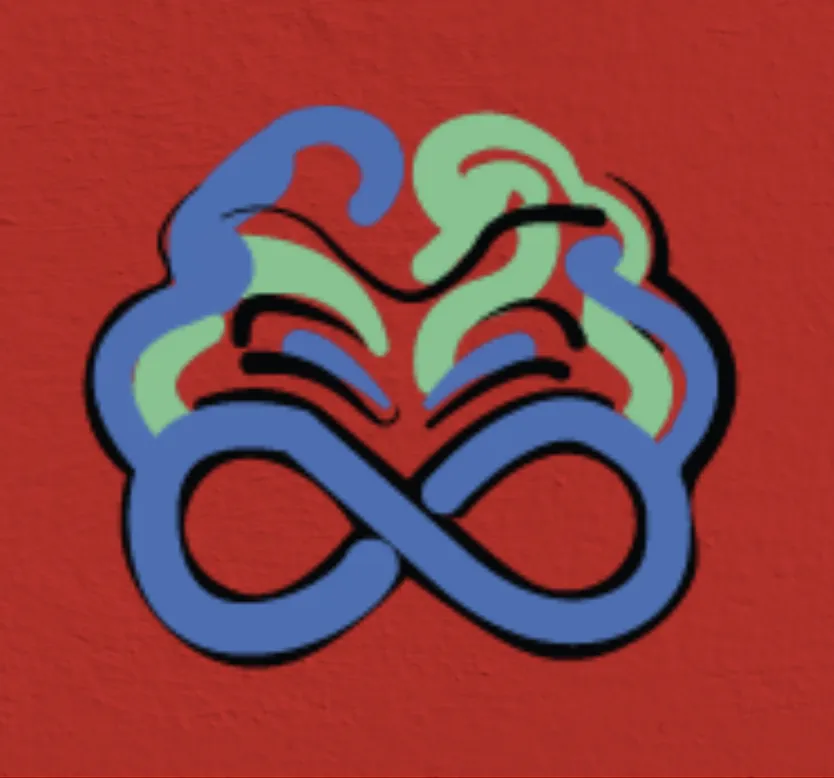
My White Papers and Pamphlets
© 2024 R.E.A.L. Neurodiverse
All Rights Reserved
anne@REALneurodiverse.com
Text or Call: (617) 996-7239 (United States)
